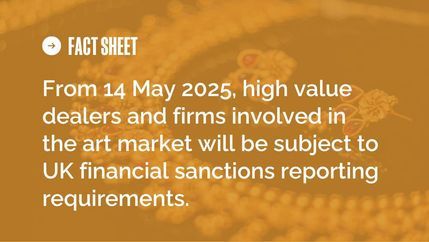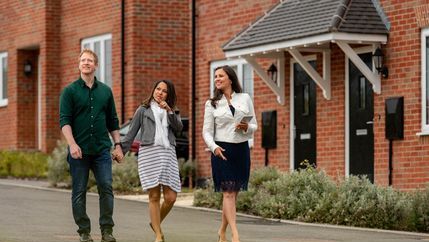
All owners of HMOs must comply with the new regulations and must have a licence from their local council to continue running it as an HMO.
From 1 April, local authorities across Northern Ireland will take over responsibility for HMOs from the NI Housing Executive. Belfast City Council will manage the delivery of the scheme for all local authorities and will be the base for the NI HMO Unit.
For landlords that had their HMOs registered with the NI Housing Executive, these properties will be automatically transferred to the new scheme. The licence will last for five years from the date the HMO was last registered. The NI HMO Unit will notify landlords when this licence is due for renewal.
What is an HMO?
Under the Act an HMO is a building or part of a building that is classed as living accommodation occupied by three or more persons who are all not members of the same family or of one or other of two families; in specific types of accommodation; with use of prescriptive basic amenities.
Applying for a licence
A licence can be applied for either online, by post, or in person at a local authority office.
Landlords will be required to evidence that the home they provide is safe, of good quality and has facilities suitable for the number of tenants.
Landlords must make sure that:
- All safety and maintenance certificates are valid and up to date;
- Electrics and appliances are kept safe, maintained and are in proper working order;
- Stairways and escape routes are maintained and are free from obstruction;
- There is a Carbon Monoxide alarm installed;
- Chimneys and flues are cleaned annually;
- Inspection records and tests are maintained;
- The property has an Energy efficiency Certificate (EPC) with a minimum E rating of energy efficiency;
- Security arrangements are in place;
- Heating is provided throughout the property;
- And furniture is kept in a safe condition and in proper working order.
How much does it cost?
The cost of a licence depends on the number of occupants, the base charge is £37 per tenant per year, a licence of up to five years in length can be applied for. Other charges will apply for variations to the licence.
Fit and proper person test
The local authority must determine if a landlord or agent is a suitable person to let private rented property.
Grounds for refusal
The local authority may refuse an application if:
- The property would breach planning control if it is let as an HMO;
- The licence is granted it would result in or contribute to an over-provision of HMOs in the area;
- Management arrangements of the HMO are unsatisfactory;
- The property is not fit for occupation as an HMO;
- Or the owner, and any managing agents, are not deemed as a fit and proper person.
Decisions
If a completed licence application is made, the NI HMO Unit will issue an inspection to the property to determine suitability and to specify if the applicant is a ‘fit and proper person.’
A report will then be given to the local authority, which will then decide whether to grant a licence, grant with conditions, or refuse it on a number of grounds.
If granted, landlords must ensure that tenants are provided with a copy of the HMO licence.
Enforcement
It will be a criminal offence for landlords to manage a licensable HMO without holding the appropriate licence for a house in multiple occupation. The maximum fine for failing to have a licence is £5,000 for a fixed penalty notice and £20,000 on summary conviction.
Visit the Belfast Government website for more information.




